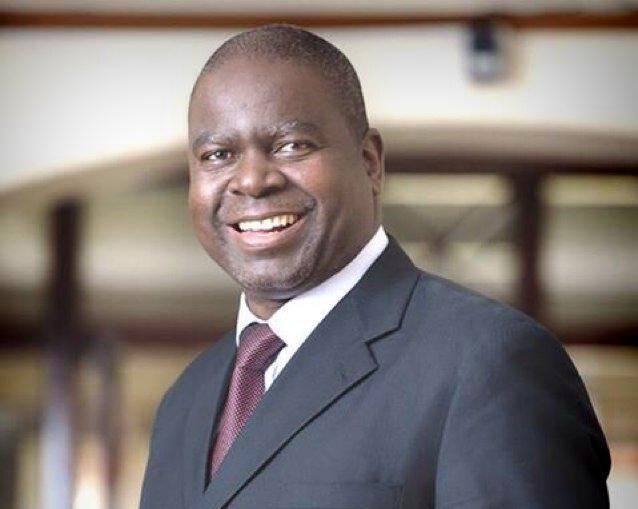
IT was in December 2014 when I took my son and his cousin out on holiday.
It was a boys-only trip and I anticipated some fun on the way.
We made a sleepover in one of the towns on the way to Sun City in Rustenburg, South Africa, to start early in the morning for the destination.
Sun City hotels can be pricey during festive holidays, so the layover was good for the budget.
We weren’t going to check into a hotel in Rustenburg without exploring the city. That was the essence of the boys-only outing.
So, we drove around until finally a decision was made to go and watch a movie.
There was no better way of managing 10 and 12-year-old boys than to shuttle them in the same movie house for almost two hours.
I thought that would be a moment of relief, but as it turned out, I was wrong. They chose different movies which started at different times.
- Zim headed for a political dead heat in 2023
- Record breaker Mpofu revisits difficult upbringing
- Tendo Electronics eyes Africa after TelOne deal
- Record breaker Mpofu revisits difficult upbringing
Keep Reading
They both had their reasons, all of which were valid as to why they could not watch the same movie and part of it was the age limit and parental guidance compliance. So that was another four hours of babysitting.
While I wanted to prove that I was a listening parent, at the back of my mind, I could not help but wonder what would become of this generation once it become adults.
Their ability to raise their voices and argue their points is not something we were raised to, but learnt as we grew up.
But then as a parent, the wish is for children to grow and become adults and what happens thereafter is between them and their world.
Today, a new phenomenon is hitting the world and that is called the Generation Z protests. They are daring, unrelenting and fearless.
This is because they were not raised with fear. They grew up arguing their case and winning arguments.
They believe in coming back and trying again until they get it right. They see the use of violence to control them as an act of cowardice and lack of intellect.
While there are several protests of varying degrees across the world, those in Bangladesh and Kenya have claimed global headlines.
In Bangladesh, internet was shut down after several days of clashes between students and the police as they demanded an end to a quota system that reserved 30% of government jobs to relatives of veterans who fought in Bangladesh’s war of independence in 1971.
This is a 53-year-old policy that is denying other citizens job opportunities in government.
It is a policy that perpetuates entitlement among the relatives of the veterans which can ultimately result in the establishment of a pariah State.
Because of access to government jobs, it makes it easier for them to enter politics and use power to perpetuate the hold on power by a few families.
It is a policy that discards the importance of merit in accessing government jobs, so the students thought it was time it was repealed.
In Kenya, similar episodes of protests have gripped the nation since June 18.
Protesters started by demanding the withdrawal of a Finance Bill which many argued would introduce many taxes, thus making life tough for the populace.
Gen Z took to the streets forcing the president to climb down and withdraw the Bill.
Protests have continued since then, with varying demands from the dissolution of Cabinet, the appointment of election commissioners, dissolution of Parliament to “the president must step down”.
While the president has met some of the demands, it stands to be seen to what extent he will bend over backwards in meeting all the demands.
Recent statements showed that the president is losing patience, a development that may not chime well with Gen Z.
They read and react to emotions differently and they thrive on that to make their case. They see emotional reaction as a weakness.
I say this because at some point, my son when he was a teenager argued that his social life was more important than school.
I was angry to the brim, but a friend advised that I walk away because he thought my son was looking for that emotional reaction to make a further harsh point.
After a non-confrontational sit-down, the situation calmed down which helped to get him back to focus on school perhaps the most important thing to do at his age.
That is how Gen Z looks at the world — sit down and talk without threats.
Just recently, youth in Barcelona took to the streets to protest increased mass tourism by demanding that tourists return to their homes.
They argued that tourism was growing and making life expensive in the city.
Tourism brings in money and employment, but not at the expense of a higher cost of living and loss of access to city facilities.
They highlighted “enormous negative impacts” to employment, society and the environment that have made it “impossible” for locals to live in Barcelona.
They were claiming their space politically and literally.
Reconciling the generational differences in addressing issues is what the world today must grapple with.
In the United States, 20-year-old Thomas Matthew Crooks almost killed former President Donald Trump.
- Tapiwa Gomo is a development consultant based in Pretoria, South Africa. He writes here in his personal capacity.










